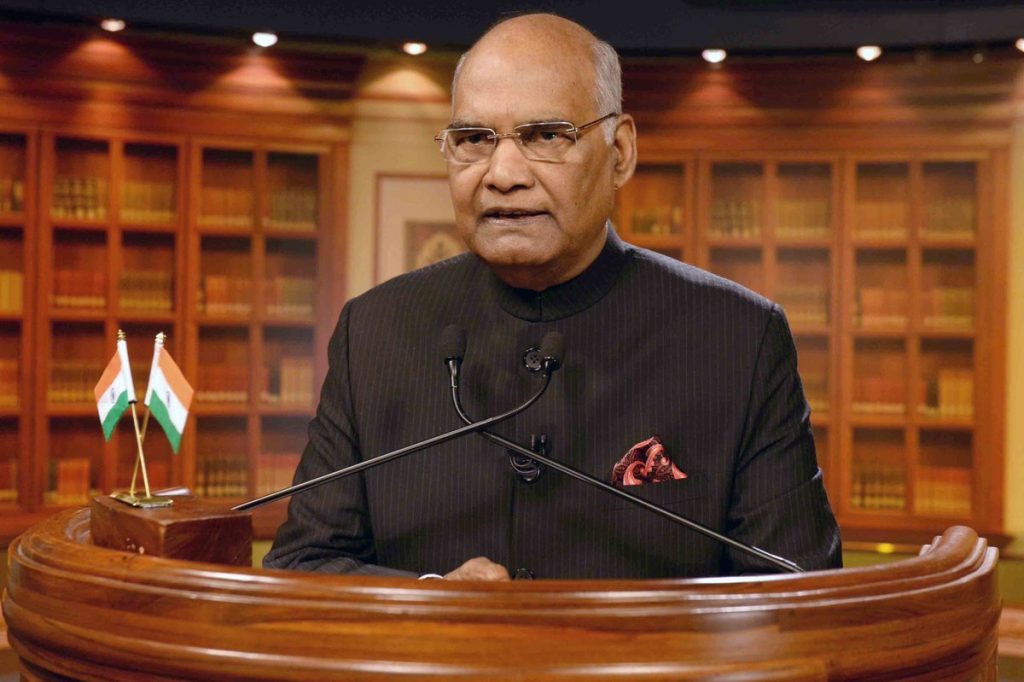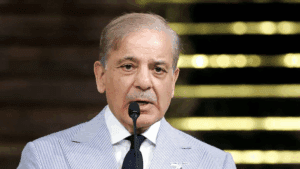A committee led by former President Ram Nath Kovind will investigate the feasibility of ‘one nation, one election’ in India. This marks a significant advancement in the longstanding discussion surrounding simultaneous national and state elections.
A day after the Centre unexpectedly declared a parliamentary session from September 18 to 22 with a hidden agenda, there was considerable conjecture about the potential presentation of a ‘one nation, one election’ bill during the session. Nevertheless, no government representative has officially verified this.
“One nation, one election” means conducting Lok Sabha and state assembly elections simultaneously, a practice initially followed in India. The BJP and Prime Minister Narendra Modi have supported this concept, included it in their 2014 Lok Sabha election manifesto.
Conducting polls simultaneously was the norm in India until 1967
Conducting polls simultaneously was the norm in India until 1967 and four elections were held this way. The practice stopped after some state assemblies were dissolved prematurely in 1968-69. The Lok Sabha was also, for the first time, dissolved a year ahead of schedule in 1970 and mid-term elections had been held in 1971.
The BJP’s 2014 Lok Sabha Election Manifesto committed to developing a process for concurrent Assembly and Lok Sabha elections.
Page 14 of the manifesto had said, “The BJP is committed to initiate electoral reforms to eliminate criminals.
The BJP will collaborate with other parties to devise a procedure for synchronizing Assembly and Lok Sabha elections. Apart from reducing election expenses for both political parties and Government, this will ensure certain stability for State Governments. We will also look at revising expenditure limits realistically.”
PM Modi had spoken on simultaneous elections in 2016 and, shortly after the Lok Sabha elections in 2019, he had called an all-party meeting to discuss the issue. The meeting had been skipped by several opposition parties.
The Prime Minister contends that frequent elections strain the country’s resources and disrupt the continuity of governance.
CPI General Secretary D Raja was among the first to respond to the committee’s formation, suggesting that the BJP is fixated on centralized control. He noted the BJP’s unease since the opposition’s unity under the INDIA banner.
Also Read : रसोई गैस के बाद कमर्शियल LPG सिलेंडर 158 रुपये हुआ सस्ता
Mr. Raja emphasized that ‘one nation, one election’ is
Mr. Raja emphasized that ‘one nation, one election’ is a longstanding matter,with the BJP fixating on centralization in various aspects. He believes the BJP is overly preoccupied with creating uniformity in culture, religion, language, tax, elections, party, and leadership.
“Dr Ambedkar said parliament is supreme in our democracy, but the BJP is undermining parliament. Increasingly, our parliament is becoming redundant. But they called a special session. Nobody knows what the purpose is. Ever since the opposition parties came together under the INDIA banner, the BJP has been jittery and desperate. Mr Modi is jittery,” he added.
Experts said making the ‘one nation, one election’ proposal a reality will require a constitutional amendment and the support of two-thirds of the members in both the Lok Sabha and Rajya Sabha.
Assembly polls in five states – Madhya Pradesh, Rajasthan, Chhattisgarh, Telangana and Mizoram – are due in November-December, and the Lok Sabha polls are expected to be held around May next year.
Also Read : Malayalam actress Aparna Nair found dead in her apartment











More Stories
India’s Active Covid-19 Cases Rise Above 2,700; Delhi Records First Fatality
Pak PM: India Fired Brahmos Before Our Retaliation
देहरादून: सूर्यधार रोड पर भिड़ीं गाड़ियां, शख्स को कुचलने की कोशिश; 9 गिरफ्तार